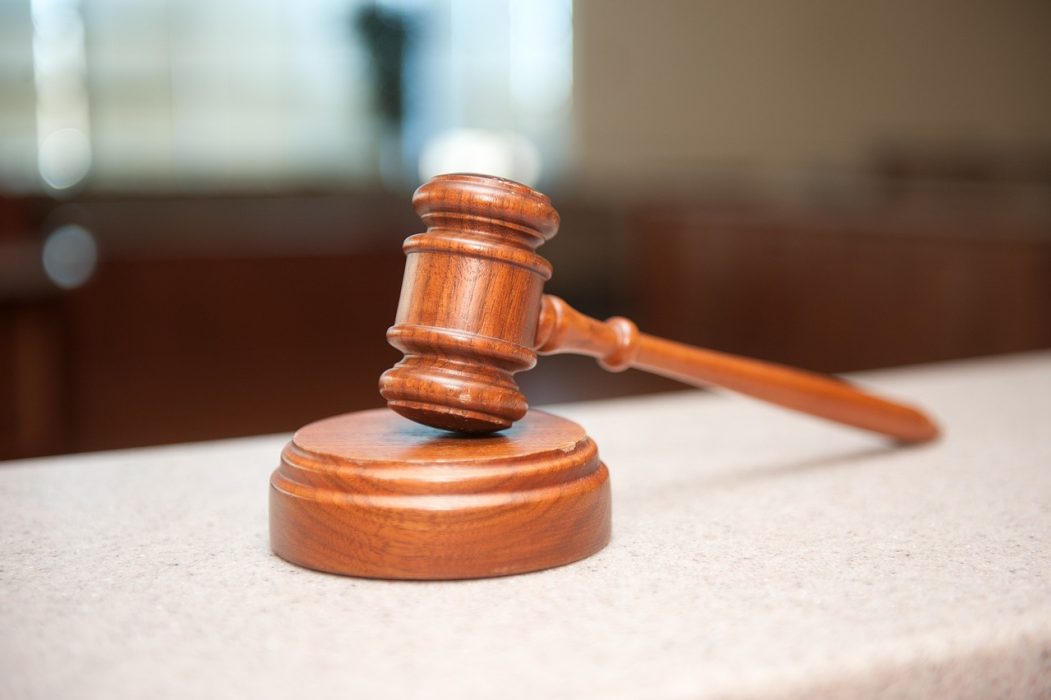Betting and Gambling Laws in Brazil
The sports betting market in Brazil is on the rise. In 2023, the sector targeted a revenue of R$12 billion, a huge 71% jump from the R$7 billion earned in 2020, according to Lance.
Considering Brazil’s gambling history, this is a pivotal moment for the industry. The diversity emerging from a constantly evolving sector driven by market trends is remarkable. Gambling is also making a notable impact.
With the growing popularity and demand for sports betting and gambling in Brazil, there’s an urgent need for regulation. This includes advertising rules, tax considerations, and the implementation of more thoughtful and assertive laws.
On this page, you’ll find everything you need to know about betting and gambling laws in Brazil.
What is the difference between betting and gambling?
To understand the laws around betting and gambling, it’s important to know they’re not the same and should be regulated differently in many ways.
Gambling involves activities where the outcome is mainly based on luck, without requiring any specific skill. Games like slot machines and bingo roulette rely on randomness or draws. In other kinds of activities, the prize winnings can’t be determined until it’s over.
Sports betting, classified by law as a “sports prediction lottery,” involves predicting the outcomes of sporting events. Today, you can place bets on team performance, total goals scored, the number of cards given out during a match, or even specific statistics.
Fixed-odds betting lets participants know the amount they’ll receive if their prediction is correct.
Additionally, sports betting requires a mix of skill and luck to be successful. Knowledge about the sporting event, such as statistics, past performances, or other relevant information, can contribute to better results.

What does the legislation say about betting?
On December 12, 2018, then-president Michel Temer approved Law No. 13,756, which focuses on regulating and legalizing sports betting in Brazil.
The law specifies that bets must be fixed-odds, commonly known as “odds,” so bettors know their potential payout from the start.
However, the regulation of this law is still pending. It’s expected that Brazilian legislation will be restructured later this year, as the initial deadline was not met.
Currently, betting sites are legal in Brazil if they have a foreign domain and comply with the laws and regulations of their respective countries.
A timeline of the regulation of betting in Brazil:
2018
Approval of Law No. 13,756/2018, legalizing fixed-odds betting in Brazil.
2020
Deadline extended for the approval of regulations on sports betting in Brazil.
2021
Law No. 14,183, stemming from Provisional Measure No. 1,034, was sanctioned, allowing for the taxation of sports betting in Brazil based on Gross Gaming Revenue (GGR).
2022
A decree by the Ministry of Economy determines that sports betting operators must pay a one-time fee of R$22.2 million for a 5-year license.
2023
The Ministry of Finance submits the draft of the Provisional Measure regulating betting to President Lula.
2023
The government expresses support for the regulation of sports betting by creating a Provisional Measure aimed at taxing betting houses.
What is the legal age for betting in Brazil?
In Brazil, only individuals over the age of 18 can register and place bets on online betting platforms. These platforms’ Terms and Conditions stress that users must be of legal age in their country of residence.
It’s illegal for anyone under 18 to participate in or access sports betting or gambling sites in Brazil. If this rule is violated, winnings will be withheld, and the individual will be reported to local authorities.
For more details, visit our Frequently Asked Questions page on betting and gambling.

Gambling Law
Gambling has been a part of Brazilian culture for centuries. Europeans brought card games, dice, and other forms of betting to the country during the imperial period.
However, things changed with Decree-Law No. 9,215 on April 30, 1946, when then-president Eurico Gaspar Dutra banned gambling nationwide.
Since then, the government has tried several times to reconsider legalizing gambling, especially in the 1960s and 1990s, but without success. As a result, many forms of betting, like the “jogo do bicho,” have continued to operate without regulation.
Currently, Bill No. 442/1991 is in the works in Brasília and is awaiting Senate approval, with no set completion date. This bill aims to repeal the 1946 ban and certain provisions of the 1941 Law of Misdemeanors and the 2002 Civil Code.
If passed, the new law would cover both digital and physical gambling, allow casinos to open based on each state’s population, and regulate gambling in temporary establishments.
What to expect in the future
Brazil still lacks effective legislation regarding sports betting and gambling. The Brazilian Institute of Responsible Gaming strongly supports sector regulation to provide greater security for bettors, sports, and operators.
This approach ensures the integrity of all involved parties and directly contributes to Brazil’s economic and social development.
Details released by the Ministry of Finance indicate that under current regulation, sports betting operators wishing to operate in the country must:
Have their headquarters established in Brazil
Possess a minimum capital of R$100 million
Pay a fee of R$30 million to the Union
Obtain certificates proving the efficiency of their website systems, payment methods and measures to combat match-fixing
Pay established taxes
The regulation will also prohibit specific groups from participating in betting, such as athletes, public officials, employees of sports entities and betting house workers.
Furthermore, betting houses without proper licensing from the federal government will be prohibited from advertising in Brazil. It should be noted that obtaining a license will require meeting a series of pre-established requirements.
All these measures aim to establish a path towards sustainable revenue, while eliminating any possibility of corruption and/or illegal activities.
